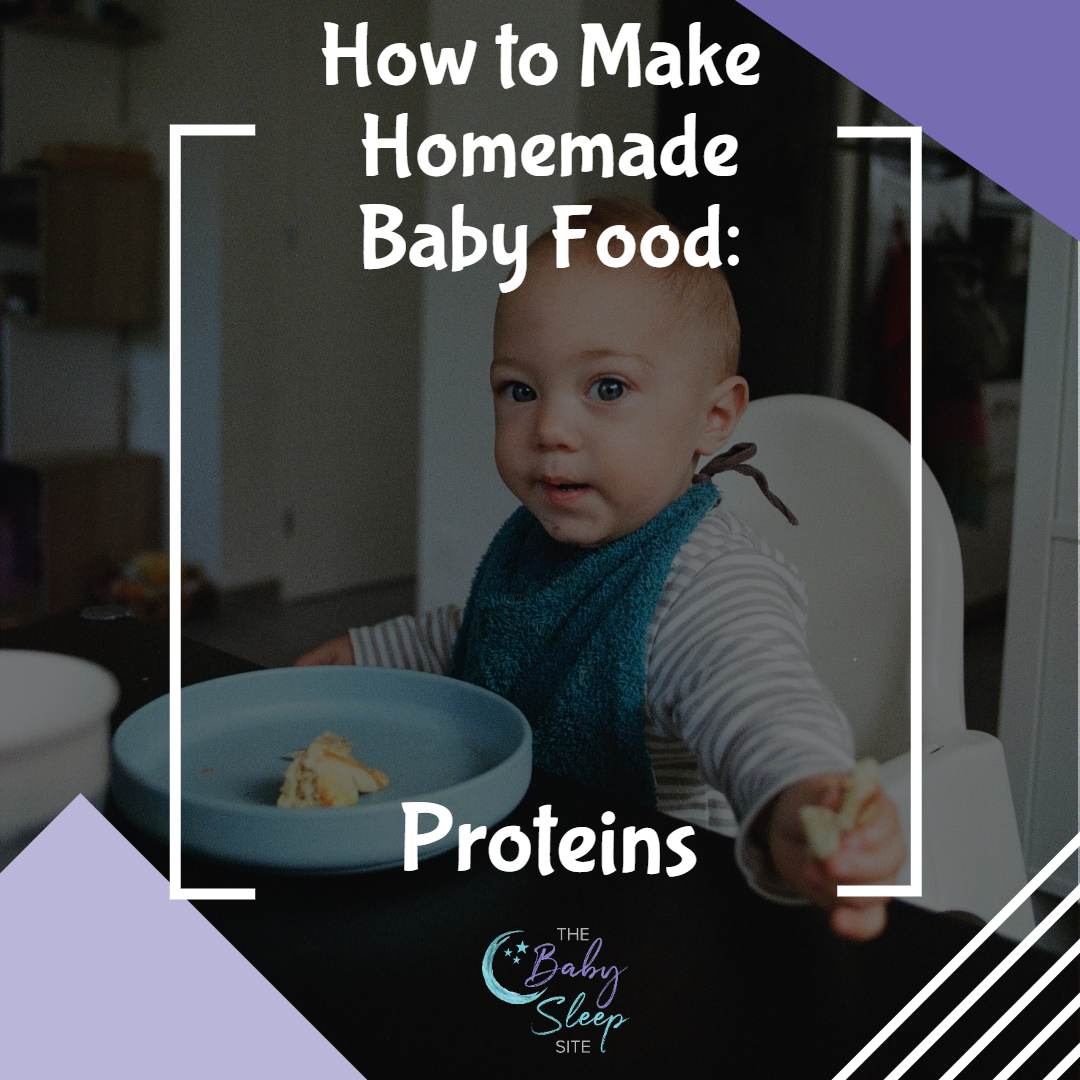Baby Food Recipes: 11 Months
Time to face facts: your 11 month old baby is barely a baby anymore! Remember those early days of feeding your little ones drippy, runny purees and watching her spit them back at you? How far we’ve come! Now, your 11 month old should be getting better and better at feeding herself finger foods. In …



